Speaking and listening. It's pretty much the oldest way we've been exchanging information as human beings. It's worked for thousands of years, so there's clearly some power there.
That's why Nora Sudduth, CMO and co-founder of Hello Audio, joined us on a recent episode of CMO Convo to discuss the power of leveraging audio content for brands. But while many brands are already on board with public podcasts, there's so much more to be done to give your brand a voice.
Check out what we discussed in a write-up of what we discussed below.
- Nora's background and role at Hello Audio
- The power of audio content
- Should all brands be leveraging audio content?
- Audio alternatives to traditional marketing channels
- Creating audio content
- More resources for CMOs
- Golden rules for audio content
Prefer to listen? Check out Nora's appearance on the CMO Convo podcast 👇
Nora's background and role at Hello Audio
Hi Nora, before we get down to talking about audio, maybe you could introduce yourself to the audience? Tell us a bit about your background and maybe give us a bit of context about what we're gonna be speaking about today?
Absolutely. My name is Nora. I am the co-founder and CMO of Hello Audio. It's a private podcast platform. We do host public podcasts as well, but private podcasts are our bread and butter. I actually came from corporate, so I had a 15-year corporate career. I kind of did that whole traditional path, climbing the corporate ladder until I got to the point where I realized that may not be the ladder I really wanted to climb, so I ended up retiring from corporate.
I started my own marketing agency, took that to multiple six figures in less than nine months, and then ended up working with Russell Brunson over at ClickFunnels. For several years, we created a number of seven-figure programs for Russell. I've been working in design, helping people unpack their IP. Through that work, I met with my actual co-founders of Hello Audio.
They were talking about starting a software company. One of my degrees is in computer science. I have a tech background. I've worked for several SaaS companies, including ClickFunnels. And I thought, “well, let's hear about this. Let's talk about this.” I have helped sell over half a billion dollars of stuff online and I thought this might be a really great opportunity for me to get more involved in the SaaS world. And so I jumped in, and I haven't looked back. We're about a year old now. It's an exciting time.
Congratulations on the anniversary. It's a great time to be getting into the audio game.
The power of audio content
It has exploded in the last few years, particularly from a business context. They've been around for a long time, but it seems now almost every brand has a podcast connected to it.
Why has it become so popular? What is the appeal of audio to people? Why do people just want to listen to things now rather than watch videos?
It’s convenient, right? If you think about it, every single one of our audience is on the go, so our content should be as well. Audio is the most mobile way of people consuming your information. No one wants an all-hands zoom call every month or every other week.
But putting it in a private podcast allows the employees to listen to it on their commute or listen to it while they're walking the dog. It just integrates into your life with whatever it is that you're doing, whether you're sitting in the carpool line, waiting for school, exercising or taking a walk, it's just so convenient. This was catching on prior to the pandemic, but once the pandemic happened, I think audio just exploded.
What about from a business perspective?
Most of it is attention. If no one is consuming your content, no matter how great it is, you're not going to get conversions on the back end. Whether it's marketing or if you're an online course owner, or you have a coaching program and you want your employees to consume data.
Or, if you want your sales team to listen to training about the new products, or whatever it is that you're launching, if your audience is not consuming your content, you don't get the results that you want. From a business standpoint, it just makes consumption so much easier. Why are we making it so hard for people to consume our content? Audio just makes it so much easier.
There's recently been increased interest in silent videos. We're almost going in two different directions: simply audio, or it's a video, it doesn't have audio. It's probably related to convenience. It allows you to multitask more while you're consuming content.
That's gonna be super valuable to any kind content. Particularly, as you said, when you're on the commute, or if you’re listening at work as well. You can work on stuff while listening to a podcast about that subject, which is always gonna be helpful.
Absolutely, it just unlocks so many more hours of the day. Now, I'm not anti-video. I do love video as well. But if you think about the power of audio, it doesn't require you to be focused on the screen in front of you, right? It unlocks all of the hours of the day where you're not staring at this screen in front of you.
Whether you're on your phone, or even if you're sitting at your computer multitasking, you don't have to visually focus on it. You're able to really take advantage of all of those other hours of the day. Because people are consuming, there's plenty of attention to go around.
We're spending more time online or connected to a device than ever before. But now being able to use and leverage the power of audio, you're just unlocking all of those other hours where you normally wouldn't have had their attention if they were using a different medium.
There are times when audio is probably the only type of content people want to consume. When they're driving, for example, when they're going out for runs and stuff. You can't really watch a video while you're having a jog or anything like that.
That would be interesting. But I couldn't do it. Maybe a more coordinated runner. But it's true, whether you're walking your dog or doing household chores, audio is going to be the only way you're going to be consuming information. And why not take advantage of that?
Should all brands be leveraging audio content?
So, with all these benefits of audio, is it right for every industry and organization to be getting into audio? Are some companies gonna see the benefits more than others?
At Hello Audio, we’ve gained well over 1000 users on our platform in under a year. And they all come from various industries. What I've seen, especially with my clients, is that there's an advantage to every industry. We're always able to find a way for them to leverage audio.
If you're in a corporation, a lot of folks are using podcasting for work, they're creating these internal private podcasts for their employees. Sometimes, they include customer success stories, so that everyone is aware how amazing people out in the world think their products and services are. They’re able to give their teams training information, or send information about updates to products and services or promotions and sales very quickly and easily without having to call a meeting.
This is especially useful when your workforce is distributed around the world in multiple time zones. We're seeing not only corporate and small enterprises use it, we're also seeing it for onboarding, as well. Whether you're a consultant or you're a consulting firm and you have client onboarding, we're seeing a lot of ad agencies starting to use it for onboarding.
It's so easy, because not everyone's going to log into your membership site and sit and watch all of your onboarding videos. But if you're able to set expectations upfront, whether you're doing client or employee onboarding, you're able to communicate your values.
You're able to slip in a private message from their direct manager to welcome them to the team. It creates a unique experience, whether you're an enterprise or a small enterprise. We also have a tonne of small businesses that are using it for marketing. People run webinars. A lot of people aren't attending live webinars anymore. Now we're actually able to podcast your webinar content and make it so much easier for people to consume.
Whether it’s front-end marketing or back-end fulfillment, you want to see those courses. With your employees on your courses, you don't necessarily require them to log into their membership site to binge all that content. They can listen to it on the go, and your consumption rates go way up.
We've seen it across the board, people are using audio in various ways. I would say there's always an opportunity, if you think about how you can leverage audio in your business.
Audio alternatives to traditional marketing channels
It's interesting when you talk about podcasting the webinars. So it's sort of like its own content distribution channel?
We've had bloggers. We’ve had copywriters that write amazing emails, and they have their email newsletter that goes out every week, but their open rates are going down, because that inbox is really, really crowded.
So, what they've started to do is just speak their emails. They've started reading their emails out loud and putting them into a private podcast, and their consumption rates skyrocket because we've now made it a lot easier. Think about the way you use private podcasts. It's not a downloadable mp3 that you're going to lose, that you're going to download on your phone, not knowing where the heck that thing is.
People can very easily subscribe to your private podcast, just like you subscribe to any other public podcast. And all of the episodes are there. You can catch up if you take a break or go on vacation or holiday. It's all there. Whether you speak your blogs, or your emails, all of that audio content is definitely the next distribution channel to get that audience attention.
Let's talk about the practicalities because our audience of CMOs might be thinking about putting audio into their own marketing channels, and even their internal branding, which sounds like a very interesting way of doing things.
You touched on a few different ways of setting up these private podcasts. What are the most popular forms of them that you see in the marketing context?
At Hello Audio we have kind of changed the game when it comes to private podcasting. In conventional public podcasts, the way you distribute information is that everyone gets the same content at the same time. Whoever subscribes to it is seeing what you're pushing out, right?
There's no way to really tell which individual is listening to your content at a specific point in time. But what we've done with private podcasts is we've customized the delivery mechanism. You can still do a date-based feed, where you're able to push the content out to everyone at the same time. Everyone gets the same content, but you're also able to tailor your content.
We can do a drip-feed or an evergreen feed. It depends on when that person starts or activates their feed. For example, it's super popular right now for us to do online challenges. They're everywhere, right? When you join on your day one, you get day one content. I might join three months from now in that same evergreen content, and I would get day one content at that point.
it's just based on that user start date. So, we can do evergreen drips, we can also do personalized podcasting, which means I can tag you as whatever. Maybe you haven't bought the product yet, so you’re a prospect. You have my prospect tag, and I can send a specific sales message to you that I wouldn't necessarily send to someone else who is a buyer that subscribes to that same exact podcast.
Now not only am I reaching you using audio, now I'm actually creating more relevance in my messages by having personalized podcasting. Even though you're subscribed to the same feed, I can tailor my messages to you based on your behavior. The really cool thing that we've started to do with private podcasts is we can trigger things based on your listener behavior.
With the way we do our private podcast, your ID is tied uniquely to your email, which means I can see exactly when you podcasted my webinar content. For example, I know exactly when you listened to my webinar. And based on you listening to that episode, I can now trigger my CRM. And now I can tag you as a hot lead. I can see that you’ve consumed all my data, and now you’re one of the hot leads we have in our pipeline.
Someone will then follow up with you personally. So we have that level. It's essentially the first audio CRM. Public podcasts haven't changed in 20 years. It's the same technology, the same stuff. We're doing things differently with private podcasts.
That's really cool. Just the implications right now, picturing an entire audio-based funnel. You can do everything just based on audio content consumption, which has really huge implications.
Actually, and it hasn't been released yet at the time of us speaking, but we're working on a super listener score. Based on the velocity that someone listens and based on the timing of them listening to all of the content in your feed, folks can gain a super listener score. Those with the highest score will be your hottest lead.
Then you can trigger actions. If someone has a score over 80, or a score over a certain threshold, you can actually send them separate things based on that listener score, or their specific listener behaviors.
Just the idea of being able to segment the audience in that effect, that's really big for content creators as a whole. That has really big implications.
Creating audio content
So, what do we need in place to be able to build these kinds of private podcast platforms? What do CMOs need to get started?
Surprisingly, not much. I think that's probably been one of the biggest things that our users are really surprised about. The most repeated feedback we've gotten is that people wish they’d known how easy this was.
We’ve had over 70% of our users create their first feed in less than 24 hours and get it live and launch it. It's an easy way in. And the reason why it's so easy is because we are marketers. We've run online businesses. We built it to be easy, because we knew that when you invest in Martech, or any other technology for your business, one of the biggest hurdles is the amount of time it takes to get up and running.
Also, the investment that you have to convince people of, whoever's going to have to part with that money. But with Hello Audio, we've not only made it cost-effective, we've made it easy so that you can get up and running. Whether you have a good mic or a $12 lapel mic from Amazon. Or, if you want to record in a closet or your car, good audio is important.
But it's so easy just to be able to drag and drop. If you have existing videos, you can drag and drop them in bulk. if you wanted to upload 50 videos at once, it’d be easy. Hello Audio strips the audio automatically. You don't even have to do that.
And you're able to just order the episodes in your podcast. It's that easy. I'm shocked at how little you really do need to launch a private podcast. And it speaks volumes when we have people that say that if you know how to use the internet, you know how to use Hello Audio.
When it comes to integrating into the marketing campaigns, is that fairly easy as well?
So, the cool part with Hello Audio is that everything is integrated. We have webhooks, and we have full integration with Zapier. You can do triggers, you can add people automatically if you have a membership. A lot of times we have memberships in our companies.
If people stopped paying or they canceled their membership, everything can be automated, you can remove access as well. In terms of embedding audio in an email marketing campaign, it really is platform-specific. That is very new technology. Not many email platforms are doing that yet. But we're fully ready for them when they do. Some of the things that we've started to do is have what's called a universal link.
We have the ability to have a universal link instead of one that's tied specifically to an email. You can email that out. You don't necessarily need to collect emails or you're not necessarily looking at user-specific behaviors.
And we have an embeddable player. You're able to send a link to a landing page with the embeddable player, so that people can listen to specific episodes. We're really excited for when email platforms catch up, and we're able to actually embed user-specific embeddable players. That's going to be a game-changer. But for now, we're able to trigger emails based on listener behavior, which is pretty cool.
It’s really cool. And yeah, as the technology develops, it's only going to get cooler.
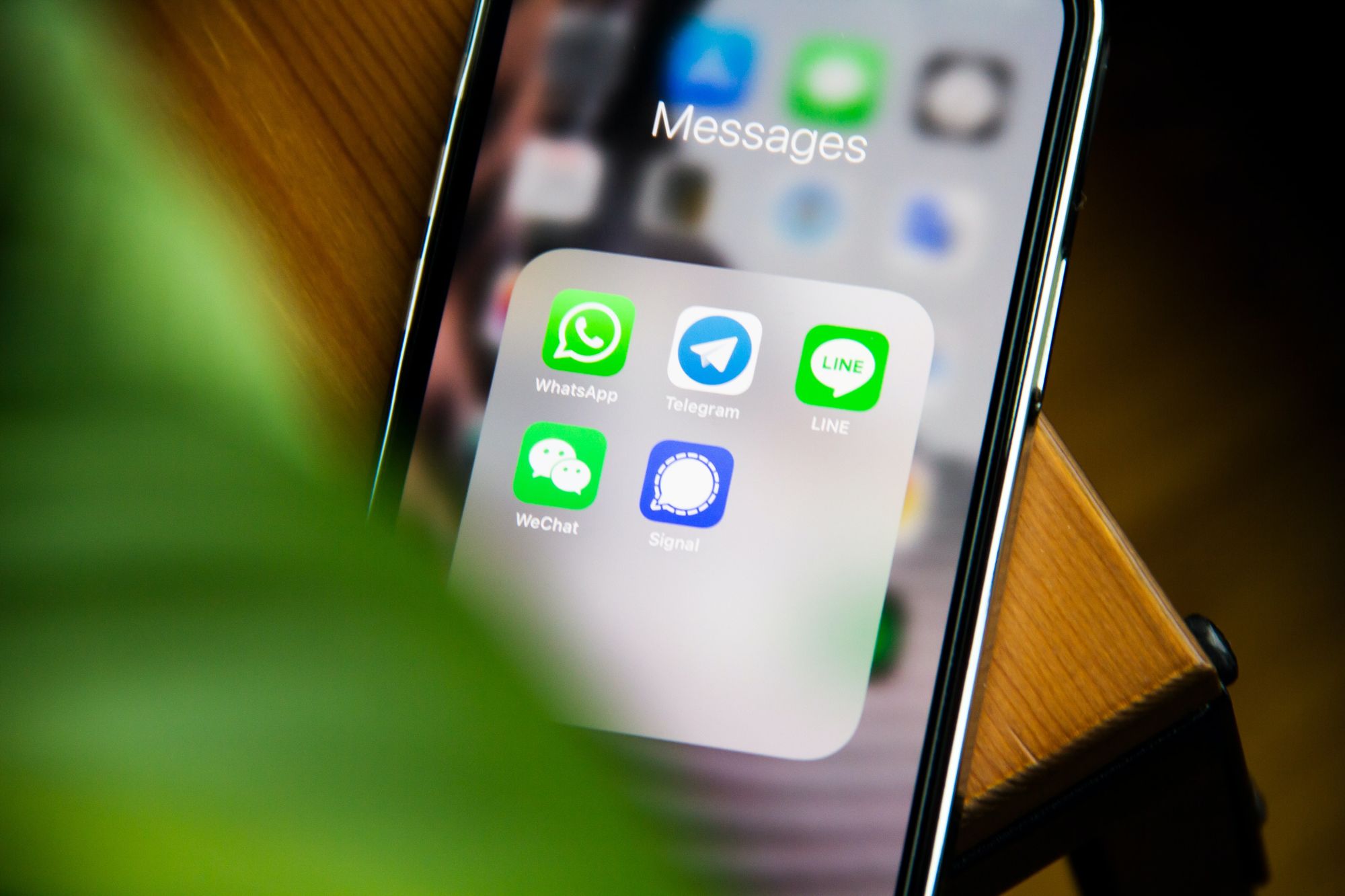
More resources for CMOs
So, say a CMO is convinced they want to dig into this right now. They want to dig into finding out a bit more about how to implement this, what tools and resources do you recommend?
Yeah, starting with Hello Audio is great. You can do a demo right now. It's an easy-to-use software. But most people have the perception that it might not be easy, so we've actually taken any credit card requirements off. It's just a seven-day trial, no credit card required.
Try it out, we're trying to make it as easy as possible. I would really take a look at how your organization works in terms of the content, your content marketing, and also on the fulfillment side. How could audio benefit your company? Start there, because the process of recording audio is not difficult.
The process of putting it into a private podcast that is secure and not listed on a public directory so you control who gets access and for how long, that part isn't difficult at all. But really think through the strategy piece, the marketing strategy, and the fulfillment and delivery strategy of where you can leverage the power of audio in your business. That's where I would start.
Do any other key stakeholders within organizations need to be involved apart from the CMO? Do they need input from other people? Do you think any other stakeholders need to get involved?
I really like to involve customer client success. On the fulfillment side, I think that's important. I love the organizations I've worked with that have implemented this for onboarding. So, HR can assist and can get involved because you can create a new experience for employee onboarding or vendor onboarding.
You can make sure that those expectations are met, whatever expectations you're setting on that side. On the marketing side, your content marketing director, whoever is in charge of creating your content, wants it to be consumed. They're spending a lot of quality hours making sure that it's amazing content. You have a great ally because audio just helps boost that consumption. They should be involved in the process as well.
Golden rules for audio content
Do you have some golden rules of effective audio content for this kind of platform? What are the big bullet points that people should look out for if they do move forward with it?
I think it starts with strategy, right? So, like with any effective campaign, audio gives you reach. It gives you the ability to reach someone in a way that you may not normally reach them with, with your content. That's amazing. Then when you look at the consumption piece of it, think about everything in your organization that is being consumed, both client-facing, and backstage.
Where would boosting consumption really impact your top line and bottom line. That's one of the biggest things in terms of finding an ROI. Really think through your operations, both in the front of the house and in the back of the house.
Looking at it starts with strategy. I love audio for marketing, I love attracting leads with audio. I love prospecting with audio. I love converting with audio, but there's a lot to be said also about fulfillment and internal operations as well.
So, you have to start with the strategy. And then you're really looking at who can own an update. Then it's just someone who is amazing. This amazing content, how are we putting it into this process, and getting it organized for people to be able to consume? The tech part is easy, but it's the strategy that will create crazy, crazy benefits for your business.
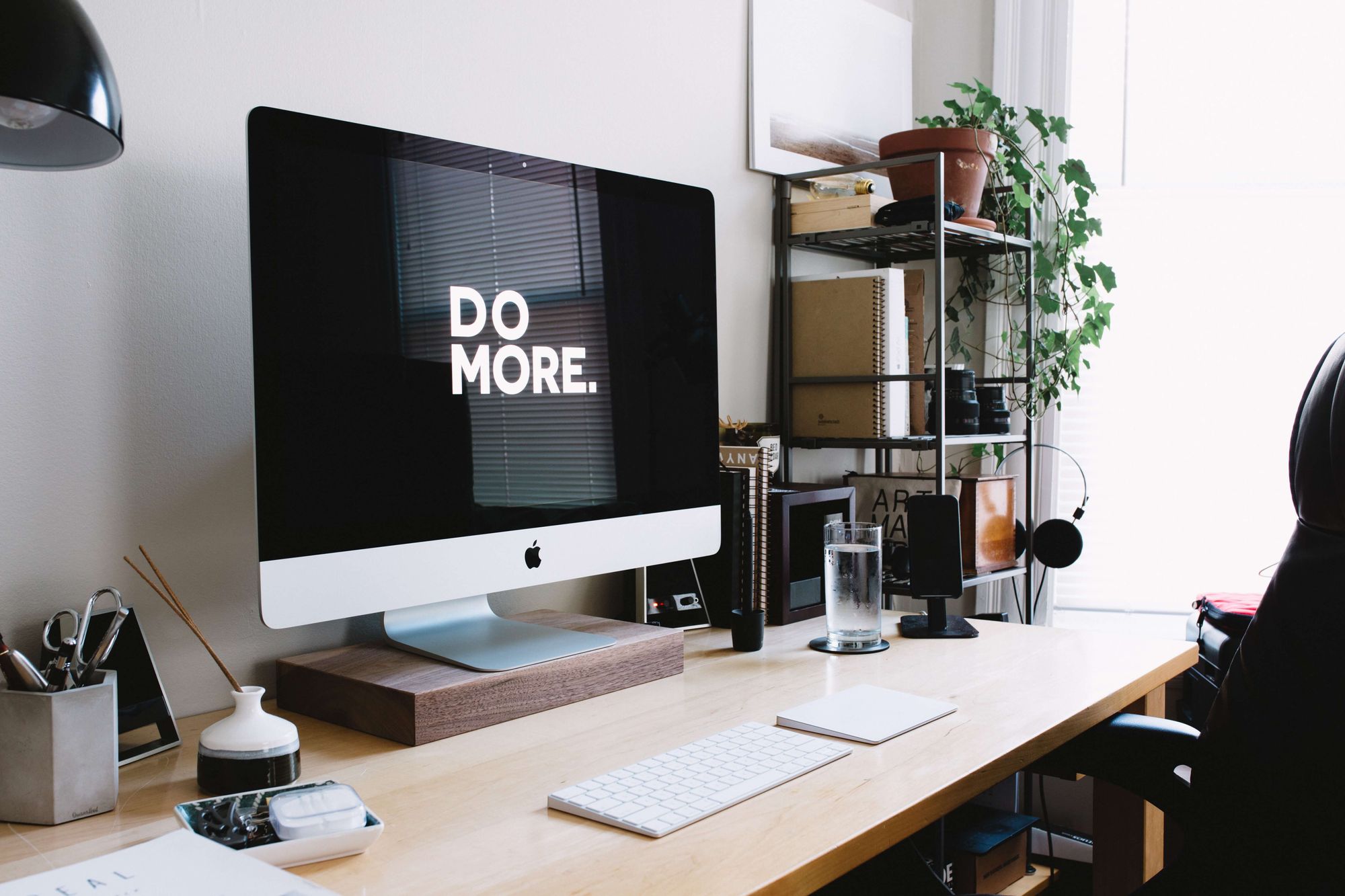
Want to explore ideas on audio content? Join the conversation on the CMO Alliance Community Slack channel!







.png)


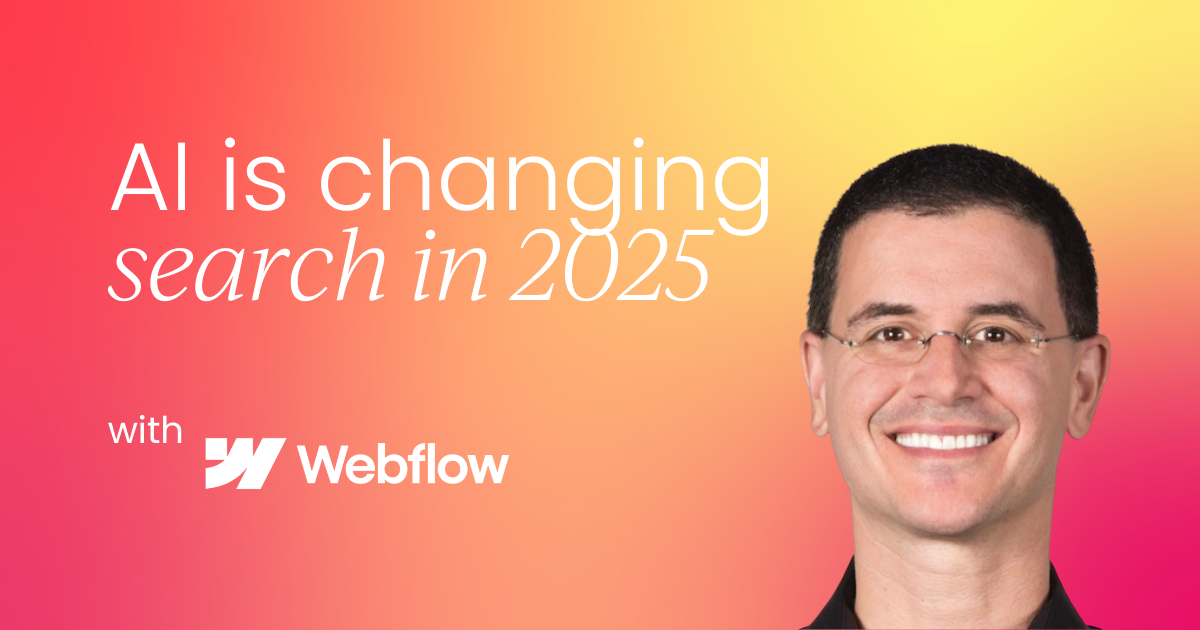
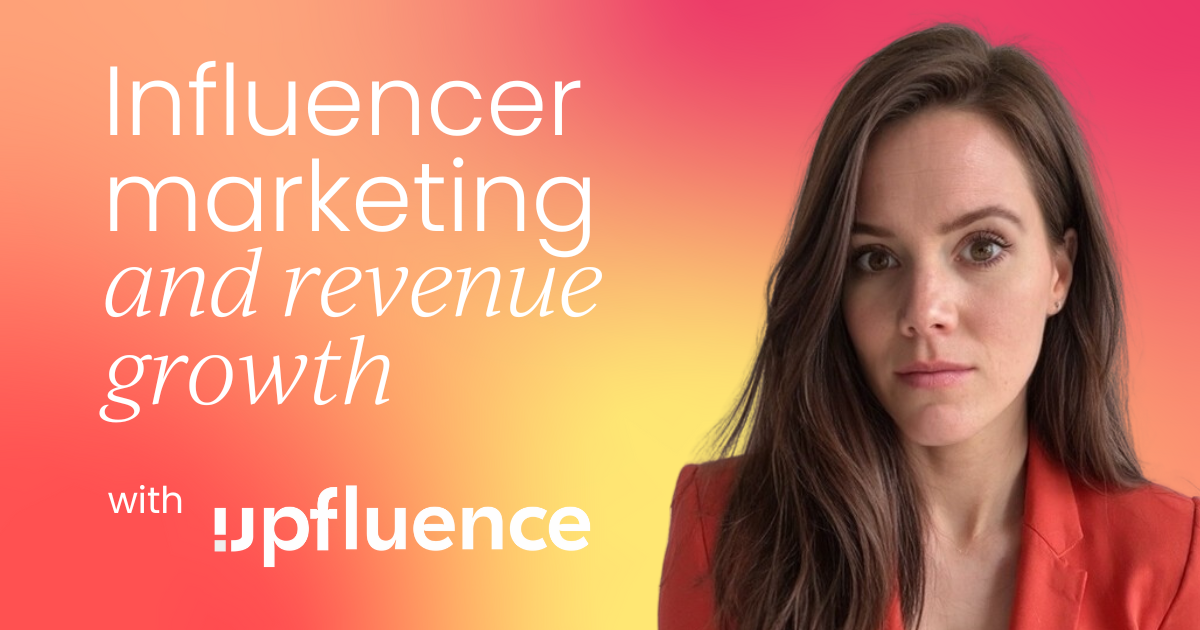
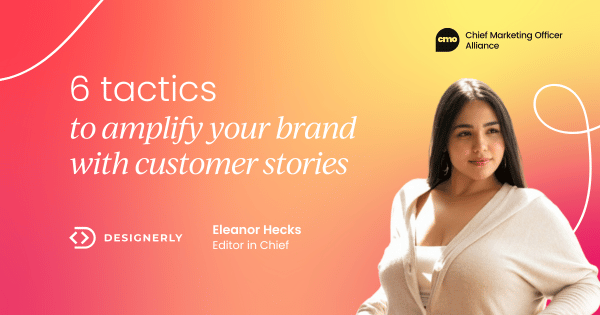




 Follow us on LinkedIn
Follow us on LinkedIn





